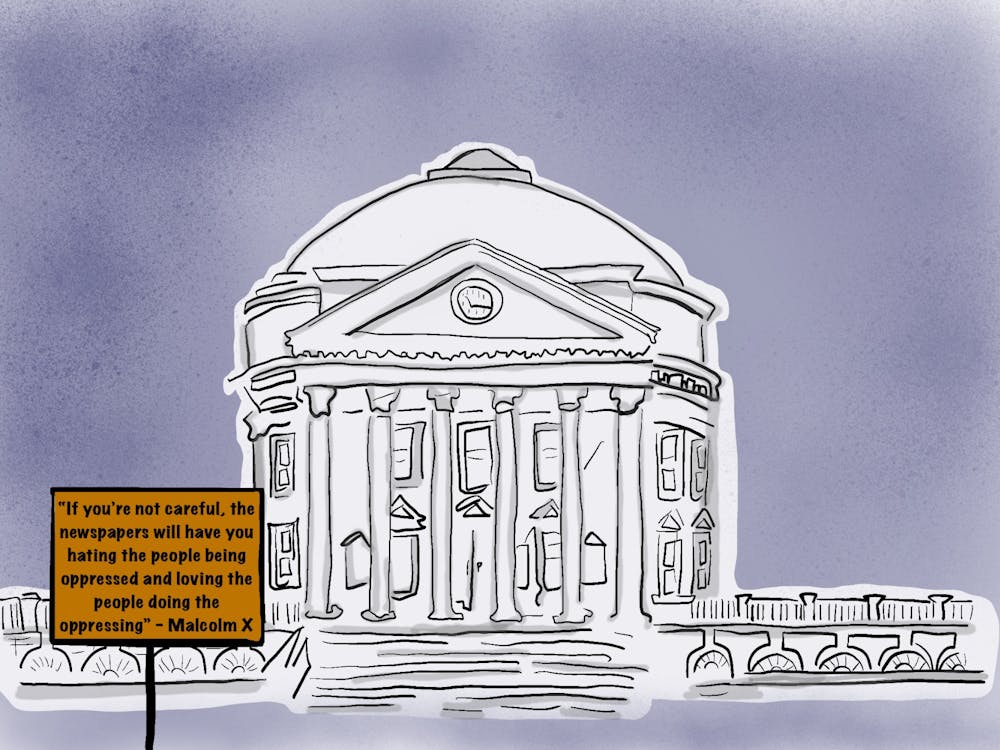During the global war on terror of the early to mid-2000s, the Bush administration presided over a significant expansion of governmental powers in order to prosecute terrorists threatening our national security. These measures included helping to pass through Congress the Patriot Act — which allowed wiretapping of phones without a warrant — the opening of Guantanamo Bay and the use of “enhanced interrogation techniques” on suspected terrorists. In so doing, Bush helped to reopen a debate on the use of extra-constitutional prerogative. That debate is about whether the executive use of extra-constitutional powers should be allowed if so doing would enhance national security and safeguard the rights of the American people during a time of crisis. Use of such powers was most visible during the Civil War, during which time President Lincoln suspended the writ of habeas corpus and issued the Emancipation Proclamation, both considered outside his jurisdiction. Although critics contend that working outside the Constitution is morally wrong and dangerous for the liberty of American citizens, they have missed the fundamental purpose of the Constitution. Extra-constitutional action by the executive in times of national crisis is both implicitly sanctioned by the Constitution and necessary for the functioning of our government.
As a document made to preserve the future rights of citizens, the Constitution would undermine its very purpose by restricting efforts to protect those rights. Our founding document has two fundamental natures: the idealistic goal of asserting the natural rights of every man, and the pragmatic recognition that rights need laws and institutions to back them up to have any meaning. The Constitution recognizes that laws without the moral compass of a Bill of Rights are dangerous and arbitrary, and rights without a framework of enforceable law are meaningless ideals. Its purpose is not merely an exposition of rights but rather a promise to preserve these rights for future generations through the structure of a democratic government guided by individual liberties. The logic, then, becomes straightforward: The Constitution, in promising to preserve our future rights, necessarily promises to preserve our nation and government to protect those rights. A commitment to rights, therefore, does not oppose but rather supports extra-constitutional actions in times of crisis, for it recognizes that the Constitution implicitly sanctions any action that will preserve the document for future generations.
Lincoln eloquently summarizes the argument through his famous “life-limb” metaphor: “By general law life and limb must be protected; yet often a limb must be amputated to save a life; but a life is never wisely given to save a limb.” Lincoln’s goal was to justify his decision to suspend the writ of habeas corpus in an attempt to retain the Union. If the Constitution and Bill of Rights are the body, then an individual law or right would be a limb of that body. In moments of crisis, it is better to sacrifice a limb — i.e., use prerogative to suspend a peacetime right — to preserve the entire nation than to risk the destruction of the Union to maintain just one right. What is the use of steadfastly defending a single right, or even several rights, against temporary abridgment if the longer-term consequence is a loss of all rights altogether? Would we not be undermining the very Constitution we seek to uphold by refusing to allow every possible recourse for its protection?
But if the executive is to enact these measures and also define the parameters under which its powers must expand, the potential for abuse is significant. A president could very easily decide that any war justified expanding his powers to deal with the threat to the United States. The only way to mitigate this threat is to make the parameter for implementing extra-constitutional policies strict necessity, and nothing else. A president must be able to make a case to any reasonable man that his actions are justified as necessary for protecting the nation’s security and the securing of the rights of American citizens. It may well be that the Civil War is the only crisis in U.S. history in which the continuity of the Union and the principles of the Constitution were in danger; or, modern day terrorists may pose a significant and creative enough threat. In any event, the efficacy or existence of the Constitution itself must be at stake to justify extra-constitutional action by the executive. Only in such moments of great national crisis, such as the Civil War, can actions that contradict the peacetime Constitution become lawful in order to preserve the Union. Once the crisis has passed, such actions can no longer endure.
Although this argument takes root from the actions of a president more than 150 years ago, it has applications today. The United States faces new threats every day. Our enemies are creative, ideologically driven to hate our precepts and amorphous in identity. Dealing with them requires aggressive action on multiple fronts, both abroad and at home. Whether or not the current war on terror constitutes a national crisis is up for debate. It is not a stretch, though, to contend that the nature of the war poses unique and powerful threats to the rights of our citizens, and protecting our nation will require thinking outside the constitutionally-delineated box set up by our Founders. This issue, though historic by nature, is one that Americans will have to grapple with for centuries to come.
Russell Bogue’s column appears Thursdays in The Cavalier Daily. He can be reached at r.bogue@cavalierdaily.com.




